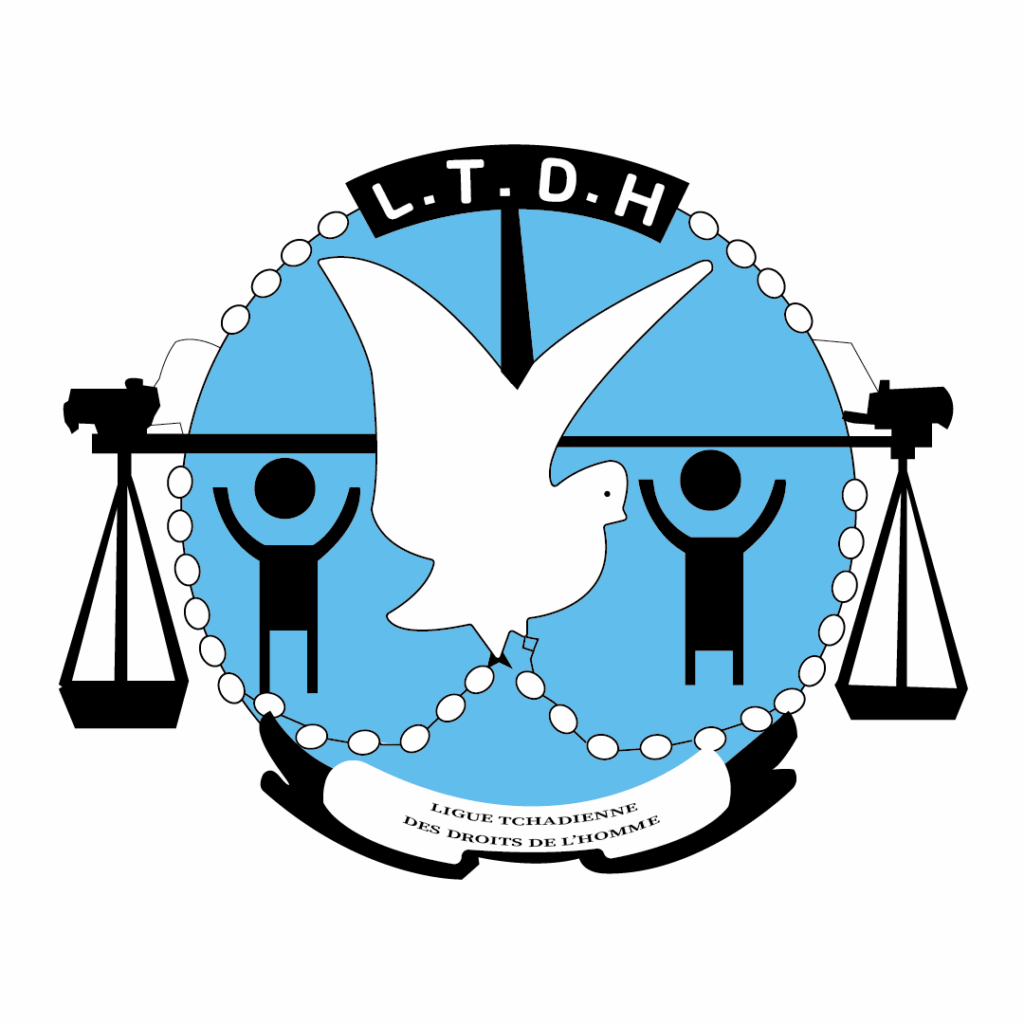The civic space in Chad remains severely restricted, shaped by a legacy of authoritarian governance, legal constraints, and escalating repression. The environment for civil society is increasingly defined by state control over institutions, a punitive legal framework, disinformation and deep-rooted social fragility.
A key legal instrument—the 2018 Ordinance No. 023/PR/2018—continues to impose onerous conditions on the registration and operation of associations. It mandates prior ministerial authorization and criminalises unauthorised activity, including the formation of federations, under threat of imprisonment or heavy fines. These provisions have been widely criticized by legal experts and human rights organizations for violating international standards on freedom of association. The government has further prohibited coalitions between political parties and civil society organizations (CSOs), regional and community organisations, effectively dismantling avenues for citizen-led collaboration and advocacy. Government decrees have targeted specific youth and peacebuilding organizations, such as AJADR and CONAJEPDT, dissolving them on vague grounds of public order violations.
Since 2021, public demonstrations have been met with violent suppression, including the use of live ammunition and mass arrests. The National State Security Agency (ANSE) has been implicated in arbitrary detentions and intimidation of civil society leaders and opposition figures. The October 2022 crackdown, which resulted in dozens of deaths and hundreds of injuries, remains uninvestigated.
The December 2023 constitutional referendum, widely seen as engineered to entrench the ruling regime, marked a turning point. Despite claims of democratic transition, the process was marred by irregularities, exclusion of opposition voices, and a lack of transparency. The ruling Patriotic Salvation Movement (MPS) secured a dominant majority in the National Assembly, while opposition parties boycotted the elections citing fraud and repression. Inter-ethnic violence continues to undermine national cohesion. In Mandakao (May 2025), clashes between Fulani herders and Ngambaye farmers left over 35 dead and displaced hundreds. Similar incidents in Ouaddai province reflect long-standing tensions between Zaghawa and Ouaddai communities. These conflicts are exacerbated by competition over land and resources, weak governance, and climate pressures.
Apart from the legal and institutional constraints, the environment for civil society in Chad is also shaped by a volatile information environment. Disinformation and divisive narratives—particularly anti-French and pro-Russian rhetoric—are gaining traction amid geopolitical competition. These narratives, often amplified through coordinated campaigns involving paid influencers, fake media content, and Russian state-linked channels, further polarize communities and erode public trust in institutions.
Despite these challenges, civil society actors persist in efforts to foster dialogue and peacebuilding, often under threat. Movements like Wakit Tama and local youth networks have mobilized around issues of governance, human rights, and social cohesion. However, their impact remains constrained by limited institutional support, surveillance, and legal harassment.
Network Member: Association Tchadienne pour la Promotion et la Défense des Droits Humains
